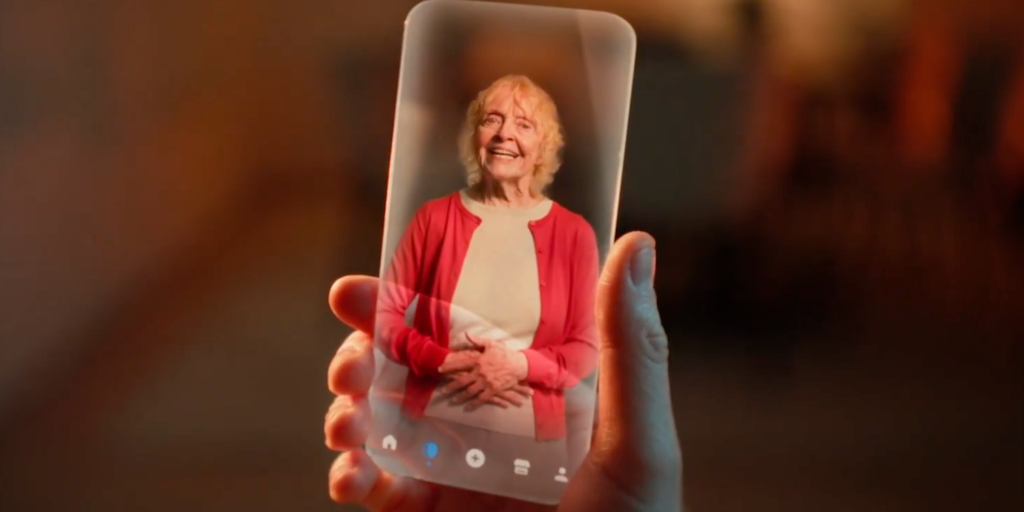
In a striking integration of artificial intelligence and personal legacy, the startup 2Wai unveiled its groundbreaking app, HoloAvatar, with the promise of creating interactive digital replicas of deceased loved ones. Leveraging just three minutes of video, audio, and text input, this innovative tool offers real-time, multilingual conversations with AI-generated avatars. However, the launch has ignited significant ethical and social debate, demanding attention to the implications of grief-tech monetization.
What Is HoloAvatar?
Powered by proprietary FedBrain technology, HoloAvatar enables the creation of conversational avatars capable of interacting in over 40 languages. The app’s promotional campaign, led by co-founder and former Disney star Calum Worthy, presents a vision of preserving loved ones’ memory in an interactive format, asking, “What if the loved ones we’ve lost could be part of our future?”
The AI runs locally on users’ devices to ensure privacy and limits its interaction to owner-approved data. With 2Wai positioning itself as a leader in grief-tech and legacy preservation, this technology has drawn both intrigue and criticism for its approach toward handling deeply personal memories.
Why the Backlash?
Within days of its beta release, HoloAvatar faced sharp criticism. Social media erupted, with detractors labeling the app as “dystopian” and “exploitative.” Ethical concerns highlight the commercialization of grief, where grieving families may feel emotionally compelled into recurring subscription models to maintain access to the avatars.
Users and legal experts also raised alarms over the app’s operation in a legal gray area. Current privacy laws often fail to address posthumous digital likeness, raising questions about consent, data ownership, and the deeper psychological impacts of interacting with AI versions of lost loved ones.
Ethical Implications and Industry Scrutiny
The grief-tech industry is no stranger to controversy, and HoloAvatar reignites discussions over its ethical pitfalls. Critics argue that despite opt-in and family approval mechanisms, enforcement often lags. Even authorized digital recreations risk deviating from actual memories, introducing inaccuracies that could harm a deceased person’s legacy or complicate the grieving process.
In a similar vein, apps like Replika and HereAfter AI have faced backlash. For example, HereAfter AI emphasizes pre-death interviews for avatar creation, but this assumes consent far ahead of its actual implementation. On the other hand, Replika, known for chatbot companionship, drew controversy when a 2023 update changed the user experience, harming its loyal base.
Legal Frameworks: A Work in Progress
Currently, there are limited legislative protections against the unregulated use of deceased likenesses. California passed AB 1836 in 2024, banning unauthorised AI replicas of deceased performers. However, this law applies primarily to celebrities, leaving ordinary individuals and their families vulnerable in a legal no-man’s-land.
Looking Ahead
As HoloAvatar transitions from its free beta phase to a subscription-based model, the larger question looms: is society ready for AI’s potential to reshape how we grieve and preserve memories? Whether viewed as a technological breakthrough or an ethical landmine, apps like 2Wai’s could profoundly impact how we process loss in the digital age.
If you’re interested in exploring how technology can contribute to legacy preservation in a mindful manner, consider alternatives like StoryFile. This platform emphasizes consent-based preservation of life stories through pre-recorded video sessions, offering a respectful approach to legacy preservation.






